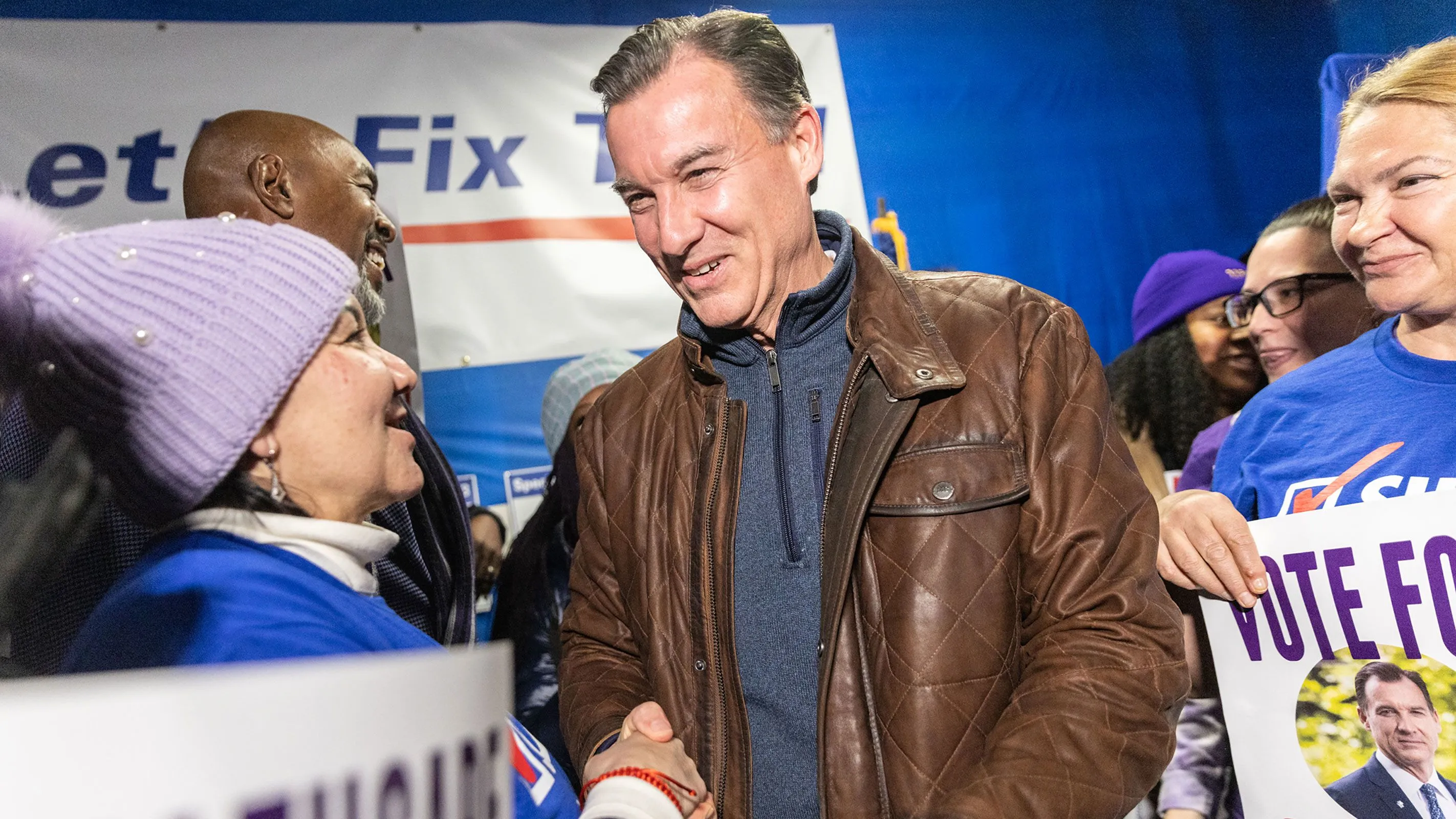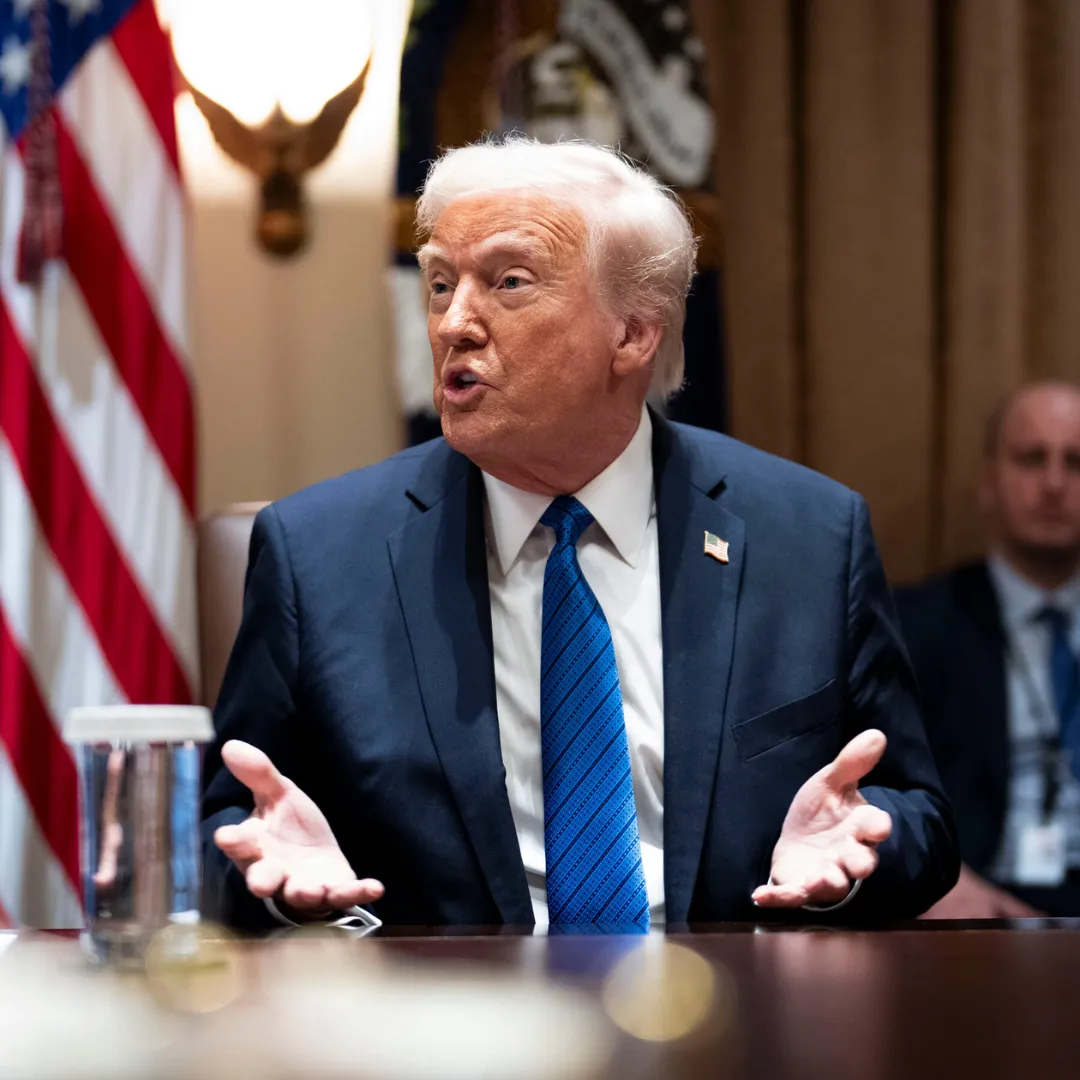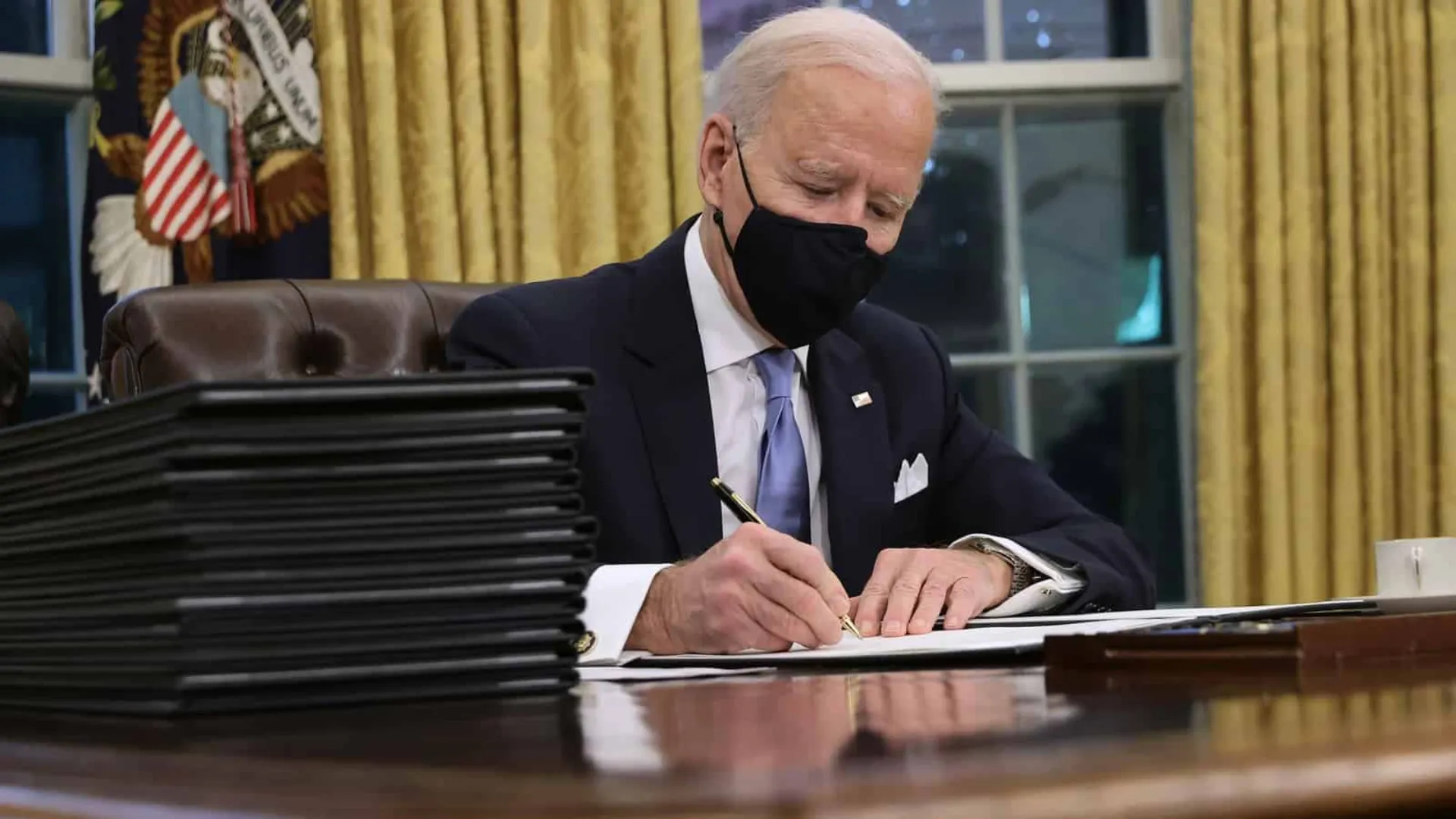The White House announced Monday that its internal investigation into the leak of classified military information, involving the inclusion of a journalist in a group chat between senior officials, has officially been closed. The administration seeks to move past the controversy, emphasizing that steps have been taken to prevent such a breach from happening again.
The scandal, which centered on a Signal group chat discussing military strikes against the Houthis, was widely criticized by both political opponents and some members of the public. Despite the controversy, the administration has made it clear that no one will face immediate consequences, with President Trump and National Security Adviser Mike Waltz standing firm on their leadership.
Press Secretary Karoline Leavitt confirmed that the case is closed, stating that the administration has taken measures to ensure a similar incident would never occur in the future. However, the specifics of those measures were not disclosed.
Leavitt’s comments came as part of an attempt by the White House to quell the ongoing debate and defend its handling of the situation, even as critics, particularly from the Democratic side, continued to voice concerns over the mishandling of classified information.
This incident, which unfolded last week when The Atlantic published messages from a Signal group chat about military strikes on the Houthis, has raised serious questions about security protocols within the Trump administration.
The inclusion of The Atlantic’s Editor-in-Chief, Jeffrey Goldberg, in the conversation by mistake, as well as the subsequent release of those messages, has exposed a lapse in communication and an apparent failure to safeguard sensitive information.
The controversy began when Goldberg was inadvertently added to a Signal group chat that included some of the most senior members of the Trump administration, including National Security Adviser Mike Waltz, Defense Secretary Pete Hegseth, and Vice President Vance. The group was discussing plans for military strikes against the Houthis, and Goldberg’s inclusion in the chat resulted in the leak of classified information to a journalist.
The Atlantic published these messages last week, sparking outrage among some lawmakers and critics who questioned how such sensitive information could be exposed in a channel that included someone outside the government.

The incident was particularly alarming because Signal, while known for its encrypted messaging capabilities, is not typically used for sharing highly classified military details, raising questions about the level of security protocols followed by Trump’s national security team.
The leak of classified information, even though the conversation appeared to have been inadvertently shared with a journalist, is a serious concern in the context of national security. Some critics have argued that the leak could have jeopardized ongoing military operations and exposed vulnerabilities in the country’s security measures.
Others, particularly within the Democratic Party, have seized on the story, using it as an example of the Trump administration’s failure to properly handle sensitive information.
In the aftermath of the leak, the White House has worked hard to downplay the controversy, with Press Secretary Karoline Leavitt asserting that the internal investigation has been closed and that the administration has taken steps to prevent similar mistakes in the future.
However, she did not provide specifics about the measures that had been implemented, leaving many to wonder whether the changes would be sufficient to address the concerns raised by the leak.
Leavitt also reiterated the administration’s position that the president and his national security team, including Waltz, have been working well together to enhance the safety of the United States.
"The president and Mike Waltz and his entire national security team have been working together very well, if you look at how much safer the United States of America is because of the leadership of this team," Leavitt stated.
Her defense of the team’s leadership, despite the breach, underscores the administration’s focus on avoiding any further political fallout from the incident. The White House has made it clear that it does not plan to fire anyone over the mishap, further signaling its determination to move on from the scandal.
Mike Waltz, the National Security Adviser, has come under significant scrutiny for his role in the incident, particularly because he was the one who allegedly added Goldberg to the group chat by mistake. While Trump has defended Waltz, stating that he took responsibility for the error, the fact that the group chat included a journalist raises serious questions about the level of security surrounding internal government communications.

Trump’s comments last week, when he acknowledged that Waltz had taken responsibility for the error, seemed to downplay the significance of the incident. Instead of addressing the broader concerns about the breach of classified information, the president and his team have sought to focus on the attack against The Atlantic and the publication’s coverage of the story.
The White House’s insistence that the leak was not a major issue, combined with the lack of accountability for those involved, has only deepened the frustration among critics.
The incident has further fueled the ongoing debate over how the Trump administration handles sensitive information, especially when it comes to communication between government officials and journalists. Critics argue that this leak is emblematic of the administration’s disregard for security protocols and its tendency to minimize the consequences of lapses in judgment.
Whether the administration’s response to the leak will be enough to quell the controversy remains to be seen, as the public’s trust in the handling of classified information continues to be a point of concern.
The leak itself was brought to light by The Atlantic, whose editor-in-chief, Jeffrey Goldberg, was added to the Signal group chat by mistake. While Goldberg has not faced any legal repercussions for his involvement in the leak, the publication has found itself in the crosshairs of the Trump administration and its supporters.
The White House’s response has largely focused on attacking The Atlantic for its coverage of the leak, accusing the publication of sensationalizing the incident and politicizing the story.
Goldberg’s role in the leak has raised questions about the responsibility of the media in handling sensitive information. While journalists have an obligation to report on stories of public interest, the line between responsible journalism and the inadvertent exposure of classified information can be difficult to navigate.
The fact that Goldberg was added to the group chat by mistake complicates the issue further, as it suggests that the leak was not intentional but rather the result of a breakdown in security procedures.
Despite the White House’s efforts to downplay the incident, the leak continues to reverberate in the political sphere, with many critics using it as evidence of the administration’s lack of accountability when it comes to safeguarding sensitive information. The media’s role in exposing the leak, while necessary to inform the public, has also become a point of contention as the White House seeks to shift blame to the press.

As the White House moves on from the controversy surrounding the Signal group chat, questions remain about the future of security and accountability within the Trump administration. While Leavitt’s assertion that the case is closed may signal the administration’s desire to put the issue behind them, the broader implications of the leak cannot be ignored.
The decision to withhold details about the steps taken to prevent future breaches has left many skeptical about whether the White House is truly committed to reforming its approach to handling sensitive information. In the absence of transparency, it is difficult to assess whether the administration is taking the necessary measures to ensure that such mistakes do not happen again.
This incident serves as a reminder of the ongoing challenges faced by the Trump administration in managing national security, free speech, and the role of the media. As the country continues to grapple with the consequences of this breach, it remains unclear whether the administration will take meaningful steps to address the underlying issues or whether the controversy will continue to linger.




